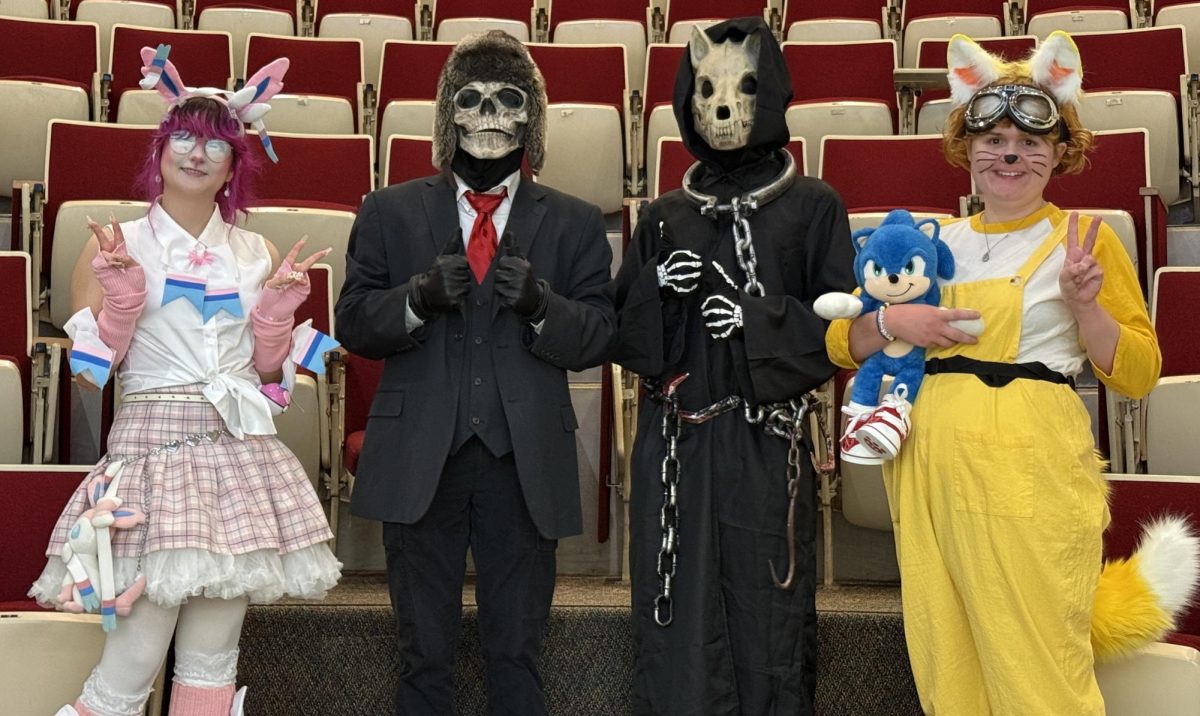Amalie Davidsen
Opinion Writer
[email protected]
Two years ago I went to Selma, Alabama for my first Thanksgiving ever. I clearly remember how the fog of the mountains gradually disappeared, how it got warmer as the humidity increased and how urban went to rural in a span of eight hours. As we were an hour away from Selma, my friend assured me if I had to make a quick stop it had to be now. We were about to drive through a 30 minute span of nothing but cotton and peanut fields.
As we got closer to Selma, I observed the differences between the America I was used to in Asheville, and I felt like I had traveled 50 years back in time; the roads were old, the houses were either small and torn or big and prestigious, black people stuck to black people and white people stuck to white people and that seemed unchanged. We made it to Selma, drove over the famous bridge and passed the Martin Luther King Jr. monument, which oozed of history. Selma is a very dilapidated town where poverty and crime rates are high, and the history seemed to be the only empowering aspect of the town.
The Saturday after Thanksgiving dinner, the family who hosted me had invited uncles, cousins, grandparents, friends and acquaintances to watch the football game between Alabama and Auburn. As if Thanksgiving dinner had never happened, the guests brought food in addition to the food prepared in the house for the game: boiled peanuts, fried chicken, chicken wings, chips and an endless amount of dips filled up the kitchen table.
I will never forget the overwhelming amount of beers masked by Alabama koozies, which eased up the tension between family members cheering for opposite teams. The whole TV room was decorated in red and white, as the hosts were passionate Alabama fans: “roll tide, ride or die!”
As the game developed and empty beer cans increased, an uncle approached me with a raised eyebrow looking at my gold septum nose ring. While looking at me sharply he told me in Selma they used similar nose rings for their bulls. I started laughing a little, but he was dead serious and I felt a moment of discomfort when he asked me what team I cheered for. I knew my answer would determine the atmosphere the remaining time of the weekend and the relationship between him and I. My brain was working on high pressure because I did not know anything about football, especially not college ball.
In Denmark the most popular sports are handball, badminton and soccer, which is where the Danish sports stars such as Mikkel Hansen, Viktor Axelsen and Christian Eriksen perform. I responded to him with a quiet “Alabama,” and a following “roll tide.” Before I had finished the sentence, his serious grimace turned into a big smile. He tapped me on my shoulder and burst into joyful laughter and we remained best pals the rest of my time in Selma. I still am very confused to this day how in a span of no more than 10 seconds he went from disliking me to loving me by the “love” for the same football team.
Before arriving to Selma, I learned the population consists of approximately 80 percent black people. Ironically, I felt like it would be vice versa since I only interacted with a few black people during my time in Selma; a cashier at Wal-Mart and some workers at the country club, but neither at Thanksgiving nor the worship at the Methodist Church the family went to every Sunday.
In Selma, the crime rate is high and an existing segregation affects the relations between black and white — which is why I only interacted with white people. Sadly, at that time it felt completely natural and was not something I paid special attention to; it was how it was. Though I clearly remember how the white family was cheering for and almost praising the college team consisting mostly of black young guys with dreadlocks and tattoos.
For a short period it was forgotten what color of the skin and which background the college players had prior to playing for the college team the family would ride or die for. It was like reality was forgotten and set aside while the game was going on and created a beautiful moment of a “united America.”
Categories:
Experiencing the uniting effects of American sports
February 22, 2017
0
Tags:
More to Discover


















